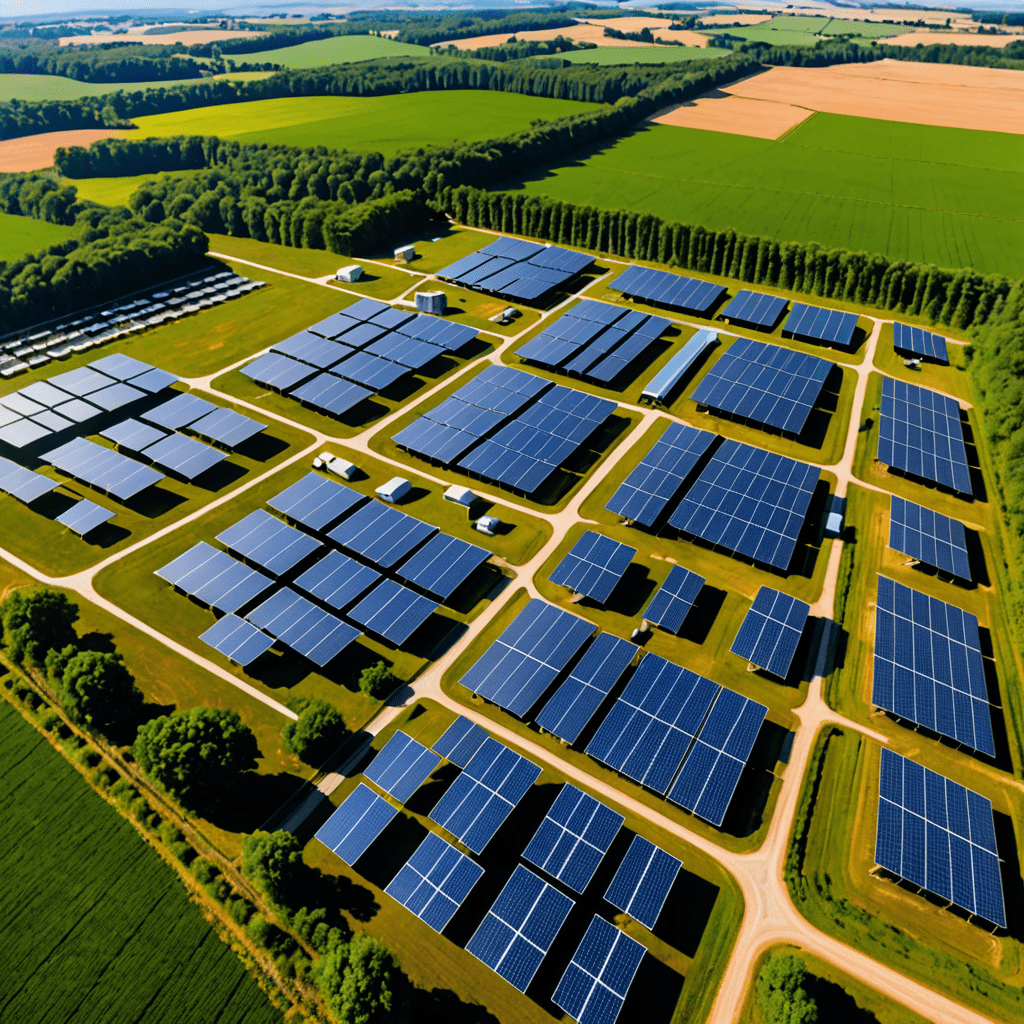
The Economic Viability of Biomass Energy Utilization
Biomass energy, derived from organic materials like wood, crop residues, and animal manure, holds significant promise as a renewable energy source. One key aspect that makes biomass energy appealing is its economic viability.
1. Cost-Effectiveness
Utilizing biomass for energy production can be cost-effective compared to traditional fossil fuels. The availability of biomass feedstock, especially in agricultural regions, can lead to lower production costs, making biomass energy an economically competitive option.
2. Job Creation
The biomass energy sector has the potential to create jobs in various stages of production, from cultivating biomass feedstock to operating energy plants. This job creation can have positive economic impacts on local communities and economies.
3. Energy Security
By diversifying the energy sources with biomass energy utilization, countries can enhance their energy security. Dependence on imported fossil fuels can be reduced, leading to a more stable energy supply and potentially mitigating price fluctuations.
4. Environmental Benefits
Biomass energy is considered carbon-neutral as the carbon dioxide emitted during combustion is part of the natural carbon cycle. This environmental benefit can lead to potential financial incentives such as carbon credits, further improving the economic viability of biomass energy.
5. Rural Development
Biomass energy projects often benefit rural areas where feedstock is abundant. Investing in biomass energy infrastructure can stimulate economic growth in these regions, providing opportunities for local communities and businesses.
6. Technological Advancements
Ongoing developments in biomass conversion technologies, such as gasification and pyrolysis, are improving the efficiency and cost-effectiveness of biomass energy production. These advancements contribute to the overall economic viability of utilizing biomass for energy.
7. Government Incentives
Many governments offer incentives and subsidies to promote the use of renewable energy sources, including biomass. These incentives can include tax credits, grants, and loan programs, further supporting the economic feasibility of biomass energy projects.
Frequently Asked Questions about the Economic Viability of Biomass Energy Utilization
What is biomass energy utilization?
Biomass energy utilization refers to the process of converting organic materials such as wood, agricultural residues, and waste into energy sources like electricity, heat, or biofuels. This renewable energy source plays a vital role in reducing greenhouse gas emissions and promoting sustainability.
How economically viable is biomass energy utilization?
The economic viability of biomass energy utilization depends on various factors such as feedstock availability, conversion technology efficiency, government incentives, and market demand. When these elements align effectively, biomass energy can be a cost-effective and reliable alternative to fossil fuels.
What are the benefits of biomass energy utilization from an economic perspective?
From an economic standpoint, biomass energy utilization offers benefits such as job creation in the renewable energy sector, reduced dependence on imported fuels, cost stability compared to fluctuating fossil fuel prices, and potential revenue streams from selling excess energy back to the grid.
Are there any challenges or drawbacks to the economic viability of biomass energy utilization?
Challenges to the economic viability of biomass energy utilization include high initial capital costs for biomass power plants, the need for consistent biomass feedstock availability, competition with low-cost fossil fuels, and potential environmental concerns related to land use change and emissions during biomass production and processing.


